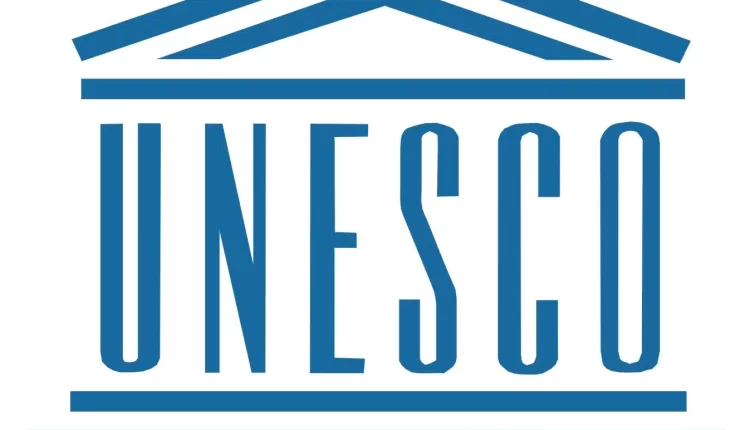United Nations Educational, Scientific and Cultural Organisation (UNESCO), has reiterated its continued commitment to promote and support activities of advance gender-responsive education planning and management, to help girls and boys experience a full, high quality and gender-transformative education at all levels in Nigeria.
The Head of UNESCO Office in Abuja, Abdourahamane Diallo, stated this at a workshop on building capacity for improved gender equality in education among Gender Desk Officers.
He said the training is designed to increase understanding of key issues and challenges of gender equality in and through education.
“The contents will also increase understanding of school-based and non-school factors that cause gender disparities in education and how gender equality can be integrated into policy design, planning processes and implementation. The workshop is a broader collaboration between IIEP- UNESCO and Nigeria. The Gender at the Center Initiative is committed to ongoing support in strategic planning. We look forward to continued collaborations and the pursuit of joint activities in the years ahead”, he said.
According to the Senior Gender and Education Specialist, IIEP-UNESCO, Ms Sally Rosscornes, “the Team is here to accompany states as they seek to understand the different gender inequalities and disparities and dimensions within their context. And then for them to develop their solutions to solving those challenges,” she noted
While declaring the workshop open, the Minister of State for Education, Yusuf Sununu, said that the move was a step toward reducing the over 20 million out-of-school children in the country, with girls constituting over 60 percent of the figure.
He said, “Education is an effective vehicle for enhancing human capabilities and for promoting social and economic development. Evidence abounds that countries with highly developed education systems are those with successful economies and high standards of living. It is against this backdrop that the ministry, in its bid to reposition the country’s education sector and boost gender equality and children’s enrolment into the formal school system, organised this workshop. The collaboration with development partners is to support states to increase gender equality in basic education.
The Minister further urged stakeholders, especially in the states, to fully implement the Reviewed National Policy on Gender Education and its guidelines, to increase awareness of the benefits of girl-child education, the minister urged He said the implementation would promote effective coordination and implementation of strategies to bridge the gender gaps in education.
The Director, of Basic Education, Nigeria’s Ministry of Education, Dr Folake Olatunji-David, stressed on the need for gender balancing in learning, planning, policymaking, implementation, monitoring and evaluation of activities.
“When we talk about gender, it is not just about girls, but about both boys and girls. So, ensure that we leave no child behind in all our policymaking and implementation because each gender has his or her peculiarities and a role to play”.
The workshop with forty-one participants was organised by the International Institute for Educational Planning, UNESCO (UNESCO-IIEP) in collaboration with the Nigerian government to reduce gender disparity in education in states.
Dominica Nwabufo

